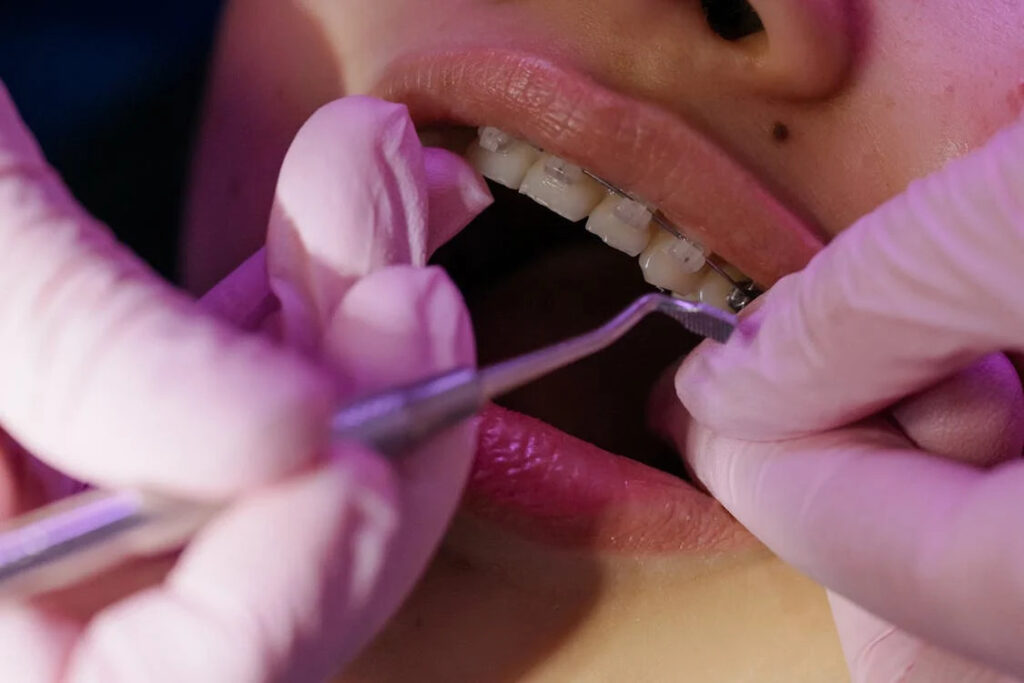Every food we consume typically contains levels of salt and sugar, some with positive aspects and others with negative ones. In addition to the positive aspects of sugar in food, it also contains acids that help dissolve food, but these acids can also unintentionally dissolve the enamel layer of your teeth. After consuming sugary foods, the acidic effects produced can last for up to 20 minutes.

Every time you eat, the natural bacteria in your mouth use sugar as energy to grow and attach to the surface of your teeth.
Over time, the acid erosion caused by sugar becomes corrosive and continues to wear away the enamel layer of your teeth, eventually creating small holes. If these small holes are left untreated, they can turn into cavities. Untreated cavities will continue to grow, and over time, if left unattended, they can damage the tooth further. If the decay reaches the root, it can damage the nerves, leading to tooth pain.
There are many things you can do to prevent this problem from worsening, as the initial erosion may not be felt, but it shouldn’t be taken lightly or ignored.
Some preventive steps include:
- Avoiding foods with excessive sugar if not necessary.
- If you must eat something sugary, neutralize it by drinking water if you don’t have access to clean your teeth.
- If you crave something sweet, opt for fruit, as it contains fibers that can help clean your teeth, especially fibrous fruits. Follow up with drinking water.
In summary, ideally, after eating sugary foods, you should brush your teeth every day or rinse with antiseptic. If that’s not possible, you can drink at least one or two glass of water. Not only is water good for your teeth, but it also helps your body with the digestive process.
